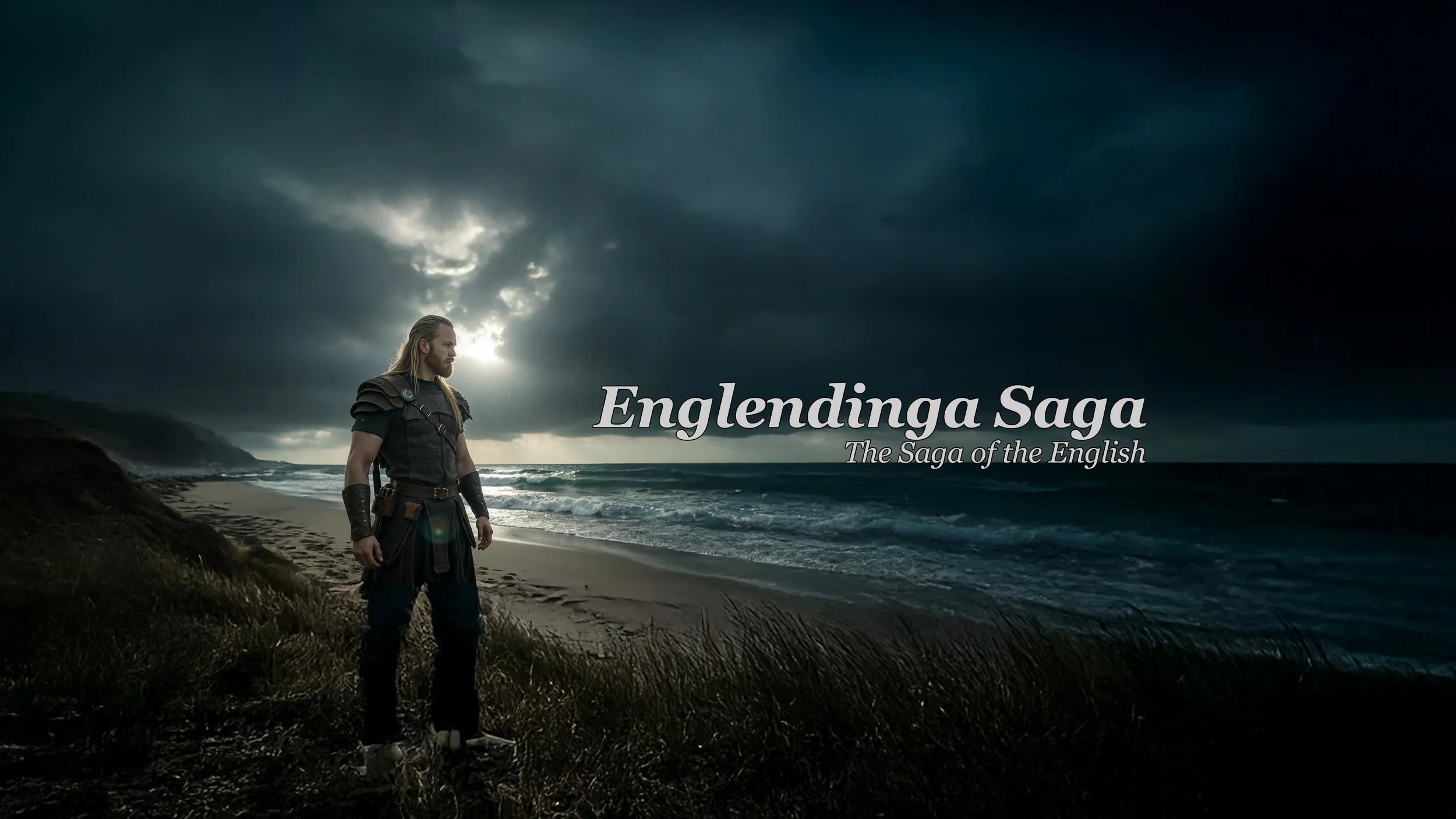
T H E W O R D H O R D E
Who knows, maybe you’ll learn something
Old Tongues. New Tales. Unearthing the raw power of Beówulf, the stark beauty of Anglo-Saxon verse, and the thunderous sagas of the Old Norse, this blog is your guide through the ancient words that shaped our world. Join us as we journey into the heart of heroic epics, explore the myths, and decipher the languages that echo through the ages.
The latest video from my Englendinga Saga YouTube channel
Ever wonder about the crazy stories behind England's past? Me too! This channel is where I'm attempting to untangle the heroes, myths, and family trees, focusing a lot on Beowulf. Warriors, monsters, good vs. evil – it's all in that Old English poem. As I dig into the poem's history and themes, we'll also be peeking at Anglo-Saxon and Old Norse culture, language, and mythology. Let's explore these ancient worlds together!
Level Up Your Life
This piece explores Carl von Clausewitz and his seminal work, "On War." It acknowledges the difficulty of reading Clausewitz due to his complex writing style but emphasizes the importance of his ideas in military strategy and beyond. The text provides a brief biography of Clausewitz, then simplifies some of his core concepts: war as politics by other means, the trinity of war (violence, chance, and reason), friction, and the importance of morale. It touches on the "3 Reciprocal Actions" from Book 1 that can escalate conflict and highlights the book's emphasis on war's complex interaction of political goals, human passions, chance, and rational calculation. The author suggests that Clausewitz's principles can be applied to various aspects of life, making his work relevant even for those outside the military field.
